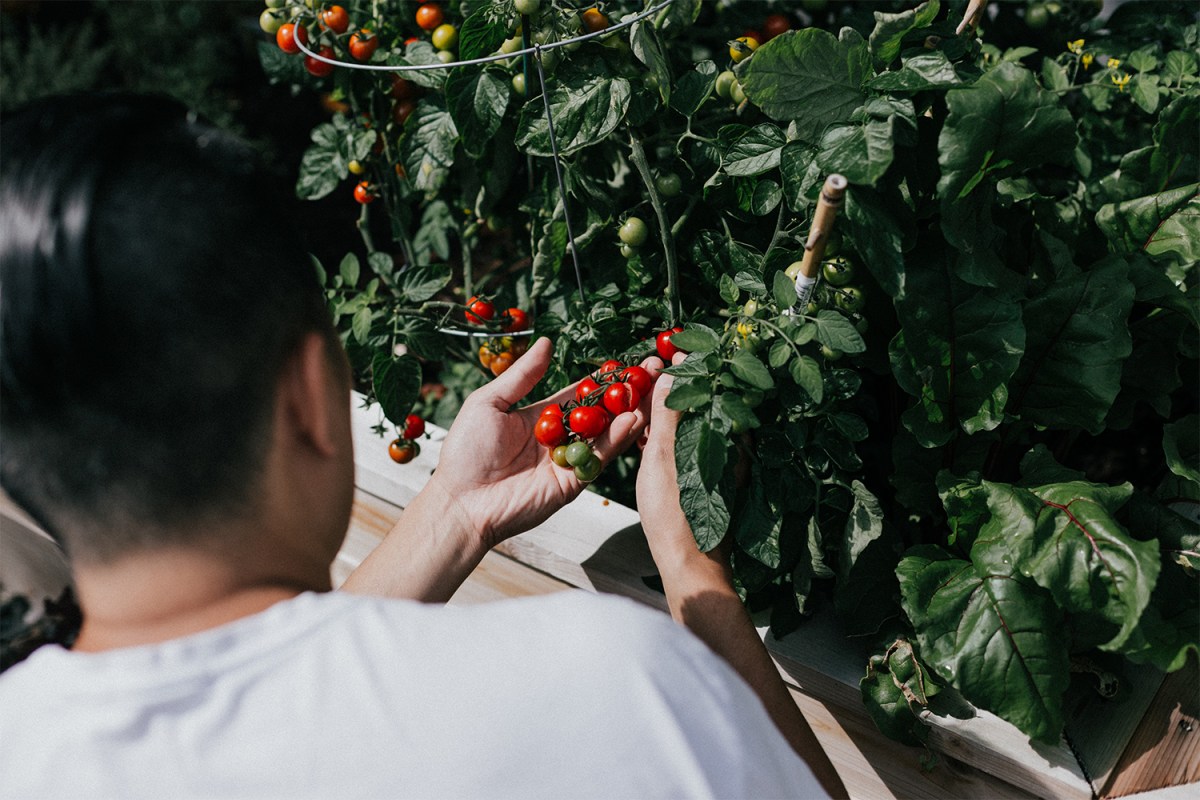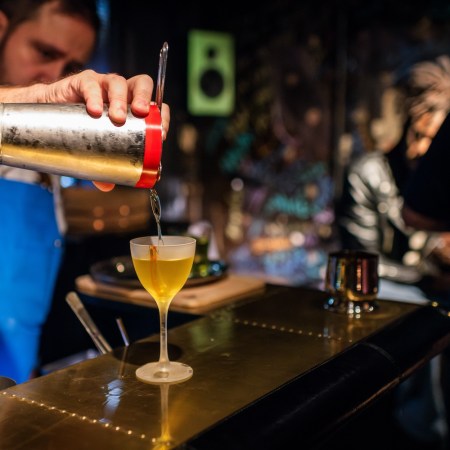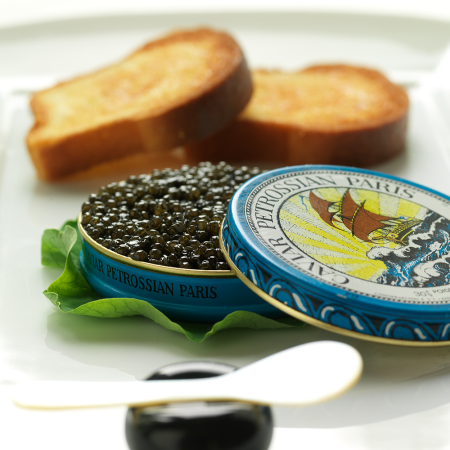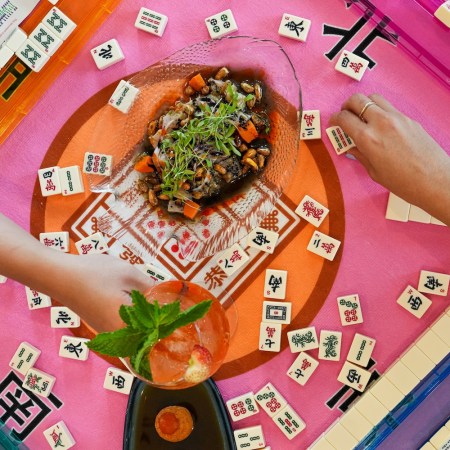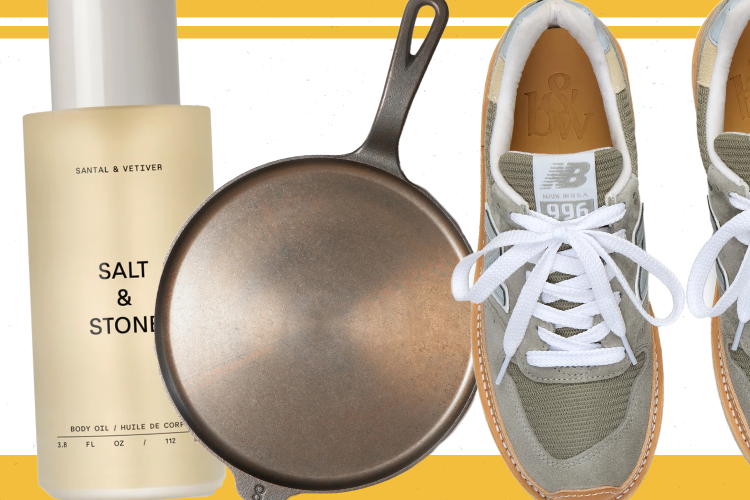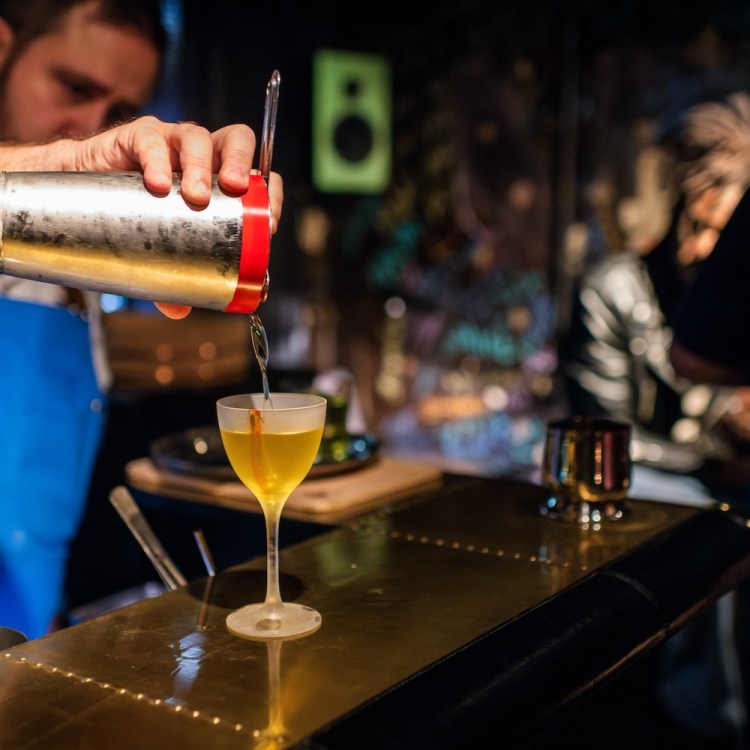It’s officially spring, which means you’re probably thinking about starting to work in your garden. The better question: Are you sure you want to start a spring garden? There’s no shame in waiting.
That’s according to Joshua Singer, a community garden specialist at the D.C. Department of Parks and Recreation (DPR) and outreach and partnerships director at D.C. Urban Gardeners (DUG) Network, who we recently spoke to about growing in the city. From working in the urban soil with hundreds of other local gardeners to teaching composting and gardening classes throughout the year, Singer is extremely qualified to help you earn your green thumb. Since it’s the start of spring, we first asked him when we should start our garden.
“Just do a summer garden, don’t bother with spring or fall,” he tells InsideHook.
But what about April showers bringing May flowers?
“Wait. Go to a garden store in mid-May, buy a couple of bags of compost, buy seedlings of what you’ll want to eat, look them up to make sure you have garden space, get some bamboo posts for tomatoes and water them until they die in the fall,” he says. “Throw a bag of mulch on the soil when they’re done. For people just starting out, just do a summer garden.”
In other words, if you haven’t started, it’s not too late. He adds that “the easier stuff is small, fast growing things: cherry tomatoes, Asian eggplants, jalapeños, okra, peas and beans. You can plant those in May.”
In addition to ease, another big reason to wait is the insects.
“The next phase is bigger fruits: heirloom tomatoes, Italian eggplants, brassicas, kale, collards and broccoli, stuff that takes a while to mature,” he says. “Since it takes longer to mature, you’re dealing with pest issues and disease.” This is the main reason you might want to wait. “It gets tricky because of cabbage loopers and harlequin beetles and flea beetles — there’s a lot of pests. That’s why I tell people to start out with a summer garden, it’s easier to control the pests.”
The biggest warning Singer gave us doesn’t have anything to do with what or when to grow, it has to do with compost. Composting in a city needs to be different for one simple reason: rats. As he advises, “It’s more important to not attract rats than to make organic waste.”
“If you’re going to [compost] in your backyard, you need to take it very seriously,” he says. “It’s good that people want to compost in a pile, which is great if you’re on a farm or rural area, but not if you’re in a city. You need to make sure it’s rat-proof or join something like our compost cooperative.”
“Rats are already here,” he says. But don’t worry, rats don’t necessarily want to ruin your garden. They aren’t attracted to your fruits and vegetables, they’re attracted to the bad-smelling compost. So if you can’t compost properly, just don’t do it. “Rats don’t want produce unless they can’t get rotting dumpster food.”
If you do have a rat problem, organic rat poison (it’s safe for cats and dogs) available at your local hardware store works for Singer. Dry ice also chases some rats out of gardens, which is available at your local liquor store and Harris Teeter. Finally, rat terrier dogs do the trick. Singer put out a call for some of the dogs during the height of the pandemic, and a dozen local rat terriers answered the call.
Let’s say none of this is too daunting. Other than some gardening gloves, a hand trowel and hand fork, what does every gardener need? “A hard rake, especially if you don’t have a wood rake,” Singer says. “Even if you’re digging in the ground and not a bed, you want to use a hard rake.”
If you’re a little more advanced — someone who really does want to plant in the spring — Singer has another suggestion: “The one tool that’s kinda expensive that’s useful is a broad fork. It breaks up ground better than a rototiller and goes deeper into the soil.”
If you don’t have your own plot or would like to start slowly, consider hands-on volunteering with one of DPR’s community gardens. Participants grow as a community and there are weekly harvests that yield thousands of pounds of food a year. Bonus: No attracting rats at home.
This article was featured in the InsideHook DC newsletter. Sign up now for more from the Beltway.
